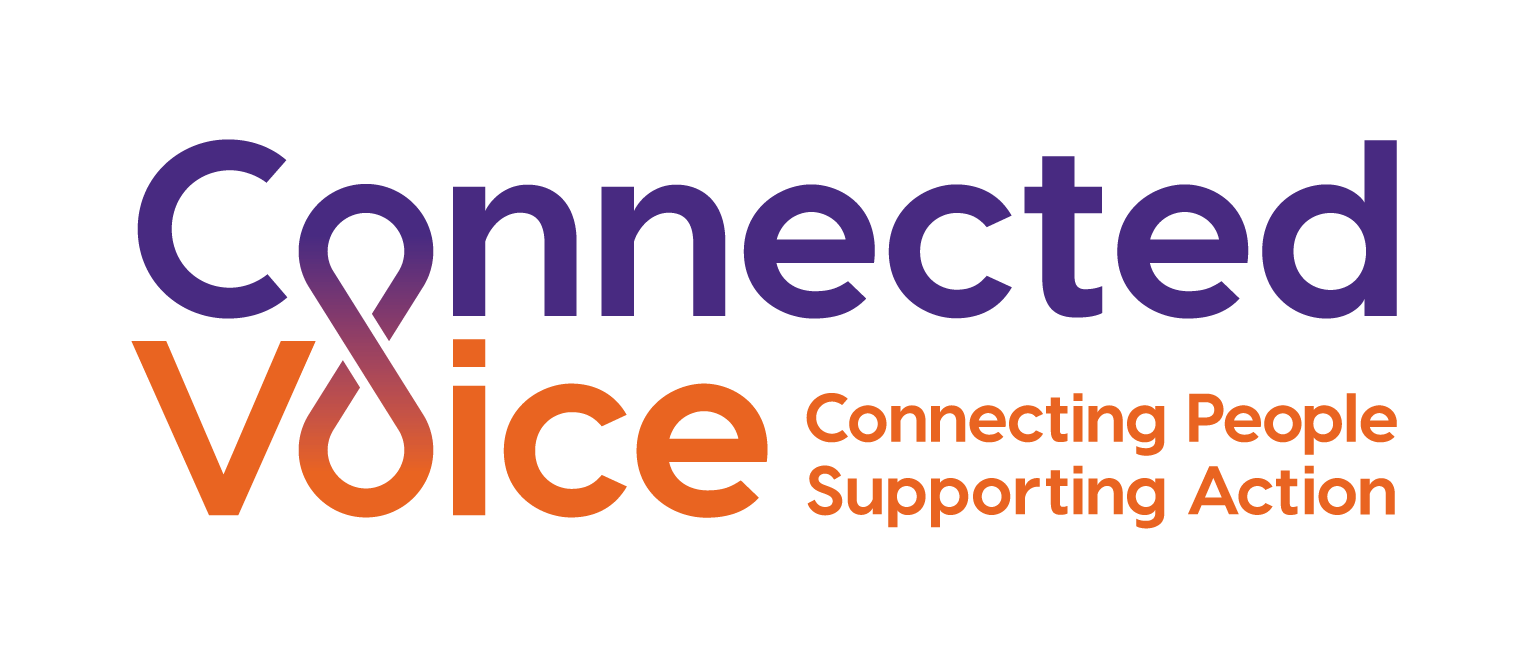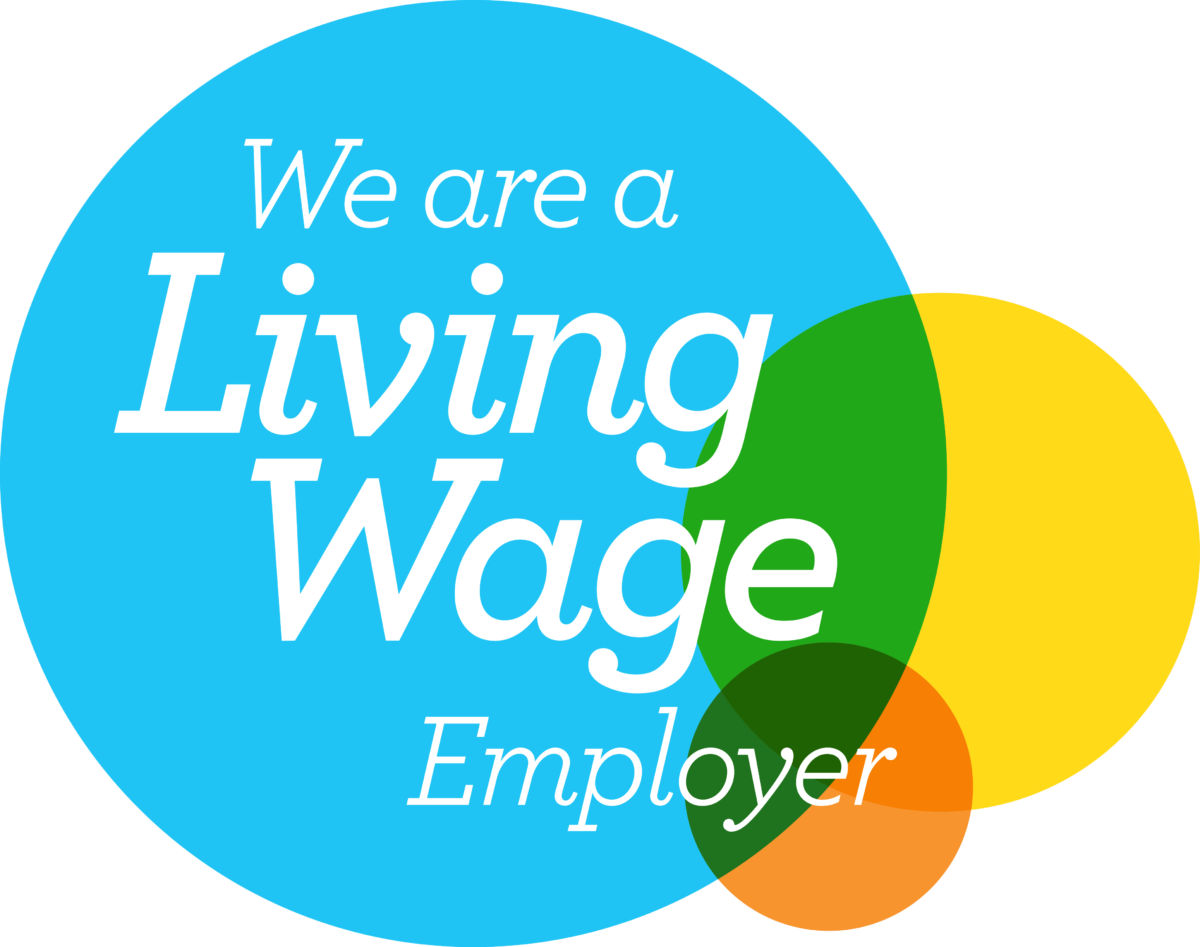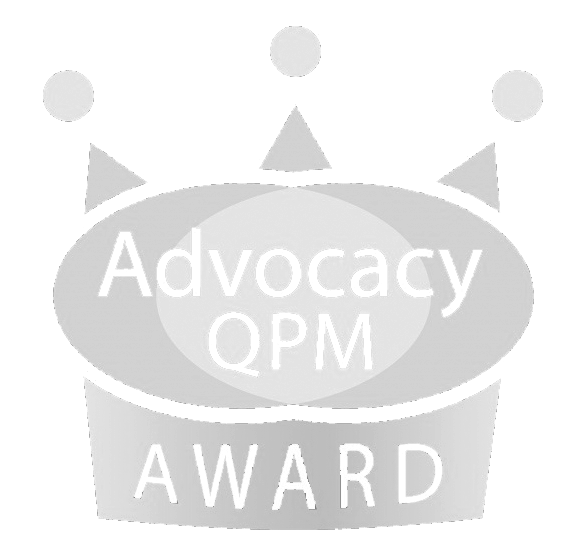Advocacy for people with learning disabilities and autism, subject to seclusion, segregation or restraint
In October 2020 the CQC published the final report on their review of autistic people and people with a learning disability and/or mental health condition who may be subject to restrictive practices as a result of ongoing concerns in this area. Whilst it recognised the importance and value of Independent Advocacy it also highlighted concerns that advocacy is not having the impact it could and should be.
Connected Voice Advocacy Manager Jane Kingston attends a regular group with advocacy providers to share good practice and raise issues from our day to day delivery of services. This group was recently set up to look at the quality and impact advocacy is having for people who have a learning disability and/or autism in in-patient settings. We hope these conversations will help shape improvements in our services and give us collective power to make effective change for our service users.
Kate Mercer from Blackbelt Advocacy is inviting the advocacy community to come together to have an honest discussion to:
- identify what these issues are
- create a plan to fix and address these problems.
Here is a link to a briefing paper written by Kate Mercer and Jonathan Senker (VoiceAbility), which sets out some of the issues. If you’d like to get involved, please email Kate Mercer at kate.mercer@katemercer-training.com
To find out more go to the NDTi website here







